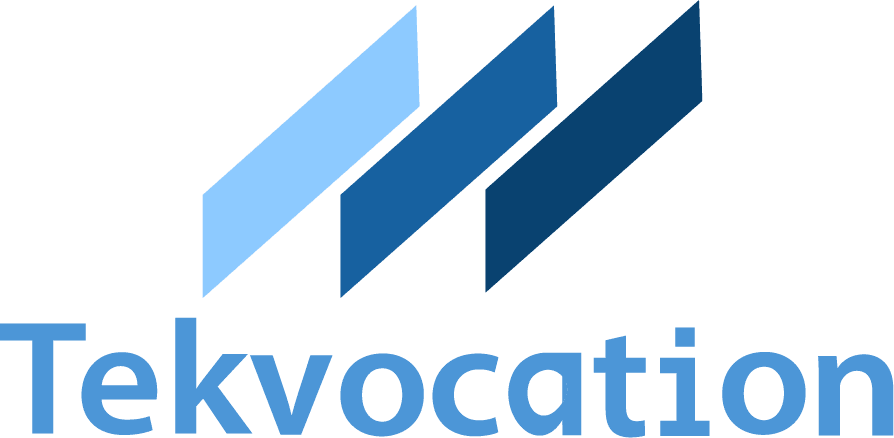Tekvocation, though established in 2019, embodies a vision Tony had nurtured long before. His vision went beyond simply hiring young talent. The dream of fostering the young talent from the old city of Mysuru through extended internships, rather than simply hiring them, had been brewing for quite some time
As our founder, and that of numerous other organizations, many of us have always wondered: where did it all begin? To many - Tony, a humble man dedicated to his ideas, is known for his unwavering commitment and punctuality. But if you'd ask us, we would say, what truly sets him apart is the effortless simplicity with which he carries the weight of his achievements. This article seeks to unravel the details of his entrepreneurial spirit, exploring the inspirations that ignited his passion and the strong work ethic that fuels his tireless pursuit of success. Let's delve into the mind of the man behind it all
(i)What initially sparked your interest in technology and entrepreneurship?
(ii)What were some of the biggest technological challenges you faced in the companies that you've established ? Can you share a story about a time your company overcame a significant challenge?
Technology challenges vary a lot, though the biggest technical challenges tended to be around getting unproven technology to work well enough for customers in a timely way. When doing something new, it is hard to predict how long it will take for a team to get it done. And after showing customers a working prototype or early version, they want a commitment on a fully working product within a reasonable timeframe. That can be challenging for startups, requiring huge effort from a small team. One case I remember is when our delivery was delayed and our customer, a Japanese manufacturer, even threatened to sue us, probably just to increase pressure on us to complete the delivery. Fortunately, meetings to assure them we're doing everything possible, and overcoming the technical challenges soon after, put us back on a good wicket with that customer.
(iii) Can you describe the process any company goes through to develop and launch new technologies?
(iv) In the product companies that you have established,How do you gather user feedback to ensure your technology meets evolving needs of the users? Could you share some instances.
(v) How has the competitive landscape changed since your company's inception? What are your thoughts on the potential impact of technological advancements such as AI/ChatGPT on society and the workforce?
(vi) What book(s) on technology or business would you recommend to our readers?
(vii) Looking back, is there anything you would have done differently when starting your first started your own firm?
